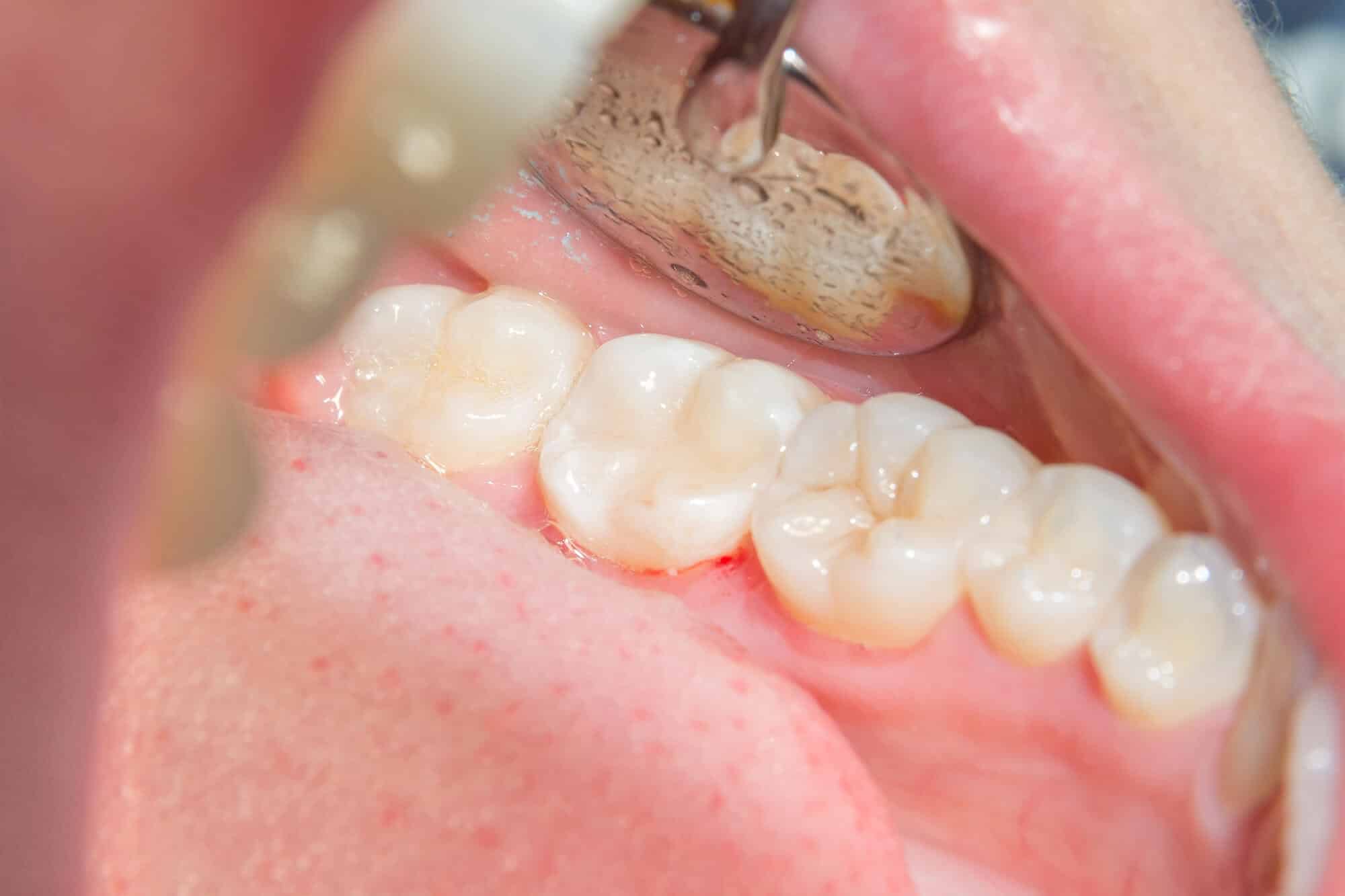Dental fillings are a common part of general dentistry in Wilmington, used to restore decayed or damaged teeth. But how do you know if you need one? From sensitivity to visible holes, understanding the signs can save your teeth from future problems. Below are key indicators that could mean it’s time for a filling and how staying proactive helps you maintain a healthy, pain-free smile.

Understanding Dental Fillings in General Dentistry
Dental fillings are used to repair cavities and minor tooth damage. As a part of general dentistry, they help restore your tooth’s structure and function. If a cavity is left untreated, it can worsen, causing more significant damage or leading to a root canal. So, when you experience certain signs, it’s crucial to see your dentist for evaluation.
Common Signs That You Need a Filling
Several warning signs can indicate the need for a dental filling. These symptoms may start subtly but can intensify if ignored. Keep an eye out for these indicators:
1. Tooth Sensitivity
If your tooth feels sensitive to hot or cold food and beverages, it might be an early sign of decay. Sensitivity can point to a cavity, especially when it occurs suddenly and lasts more than a few seconds. A filling can protect your tooth from worsening damage and eliminate the sensitivity you’re experiencing.
2. Pain or Discomfort When Chewing
Are you experiencing pain or discomfort when chewing? This can also indicate the need for a filling. When decay erodes a part of the tooth, it can expose the nerves, making chewing a painful experience. Pain while biting or pressure on a specific tooth could signal a cavity or even a cracked tooth, both of which may require fillings.
3. Visible Holes or Dark Spots
Cavities often create visible holes or dark spots on your teeth. If you notice any unusual discoloration, decay may be present. While not all cavities are visible, those typically require prompt attention. Your dentist should examine dark areas or small pits on the tooth to determine if a filling is necessary.
4. Food Stuck in Your Teeth Frequently
If food frequently gets stuck in a particular tooth, it may suggest that a cavity is forming. The spaces created by decay provide perfect spots for food particles to collect, which can lead to more decay or infections. Catching this issue early allows your dentist to clean and fill the cavity before it worsens, preserving the tooth and preventing further complications.
How to Prevent Needing a Dental Filling
Good oral hygiene is the best way to avoid the need for fillings. Regular brushing and flossing help prevent plaque buildup, the leading cause of cavities. Routine visits to your dentist are also important, as they can spot potential issues before they become major concerns. General dentistry offers preventive care that helps keep your teeth in good shape, reducing the risk of cavities.

Schedule Your Appointment for General Dentistry in Wilmington
If you’re experiencing any of these signs, don’t wait—your dental health is too important to put off. At Mayfaire Family Dentistry, we focus on keeping your smile healthy with the right care and treatments, including dental fillings when necessary. Schedule your appointment today and take the proactive step towards a pain-free, bright smile.

